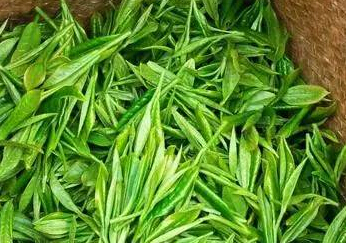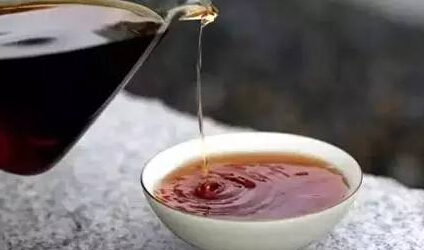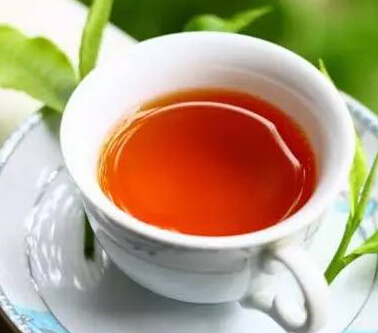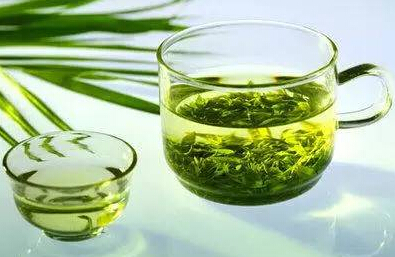The annual spring tea is about to hit the market. Despite temperature fluctuations, cold air, and snowfall, the spring tea craze remains unstoppable. Platforms like Taobao and JD.com are already seeing booming pre-sales, while tea markets are flooded with products labeled as 'spring tea' or 'pre-Qingming tea.' At this time, tea lovers should be cautious of potential 'traps.'
The rapid development of e-commerce is astonishing. When you think you've bought high-value spring tea online, be extra careful—open and taste it immediately to ensure it's worth the price. What steps can you take to verify spring tea?

1. Observe the Appearance
Spring tea leaves are usually tightly wrapped, plump, and thick, often with fine hairs. They have a fresh, vibrant color and a strong, fresh aroma. In contrast, summer and autumn tea leaves are looser, darker in color, and have a milder fragrance.

2. Check the Liquor Color
During storage, substances that contribute to tea's color slowly decompose or oxidize, causing green tea to lose its luster. Older tea develops more theaflavins, turning the liquor yellowish-brown and murky. Spring tea sinks quickly when brewed, with a strong, lasting aroma and a rich taste. Summer and autumn teas sink slower and have a weaker fragrance.

3. Taste the Aroma
During storage, flavor compounds in tea decompose, volatilize, or condense into water-insoluble substances. As a result, new tea tastes mellow and fresh, while old tea tastes bland.
4. Examine the Tea Leaves
After brewing, new tea leaves appear greenish-yellow and fresh, while older tea leaves turn yellow and lack vibrancy.

5. Beware of 'Dyed Tea'
Experts note that dyed tea often looks overly bright. To test, wet your fingers and pinch the tea—if they quickly turn green, it's likely dyed. Brewed dyed tea will appear unnaturally green and show clear layering over time.